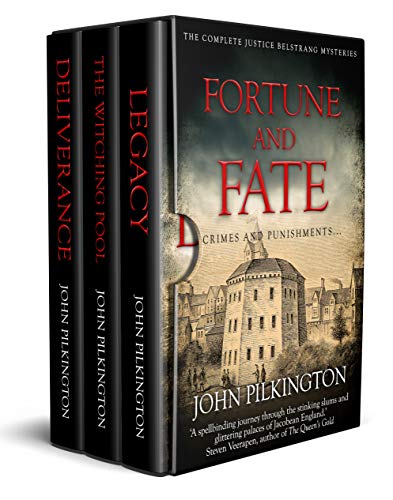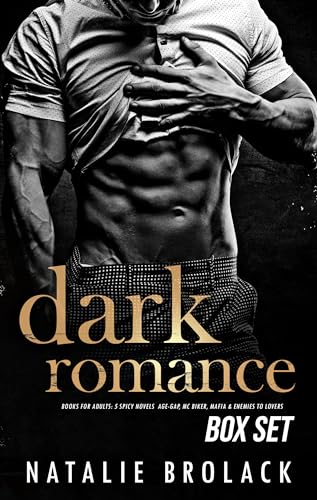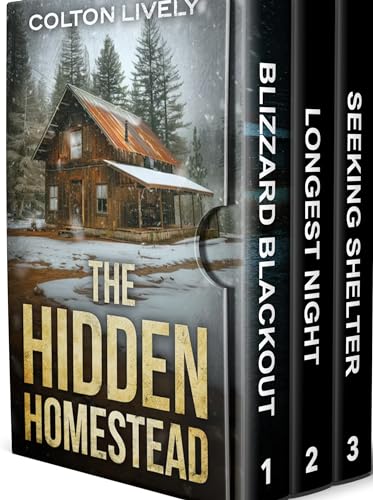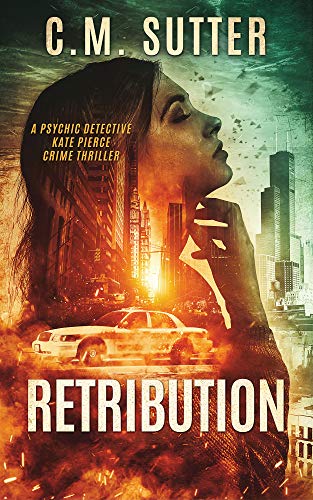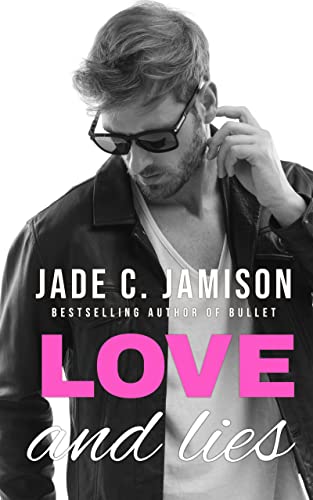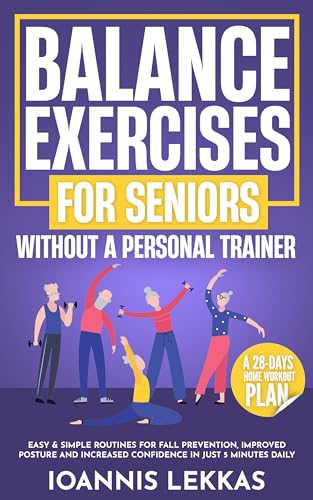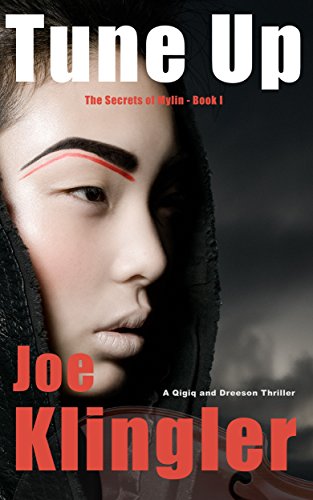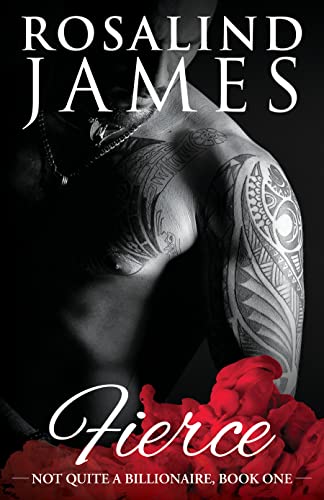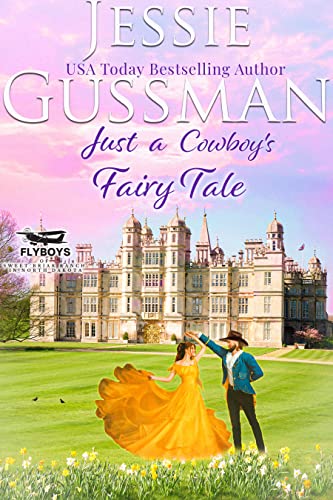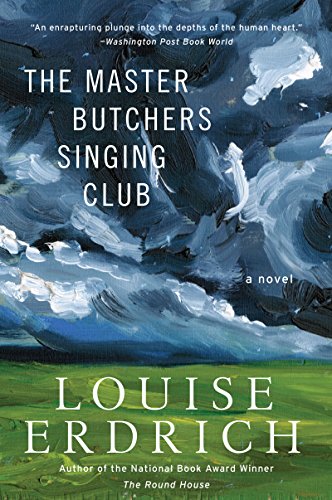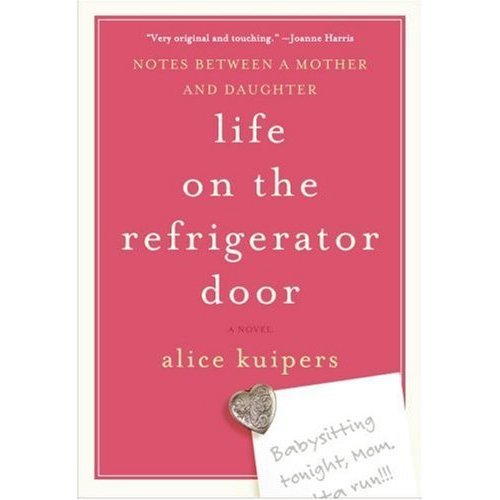In today’s Publetariat Dispatch, author LJ Sellers discusses her abiding passion for crime fiction, both as an author and as a reader.
After spending months writing about a bleak future, I found myself feeling depressed and negative. I even considered giving up writing gritty crime novels—if that’s what it took to stay positive. Then while working on a nonfiction book, I came across my notes for a talk I gave at the library called Why I Read and Write Crime Fiction. It reminded me of the genre’s value and why I should continue to write it and why it’s good for readers too, including the president. Here’s a shortened version of my talk.
Crime fiction confronts the realities of life across various cultures more often and more honestly than mainstream/literary fiction does. Crime novels are suited to exploring provocative social issues and showing how those hot-button subjects affect various people’s lives, often from diverse perspectives.
Crime fiction can be surprisingly poignant and analytical about problems such as illegal immigration, human trafficking, and drug use. These novels highlight deep-rooted cultural ills such as racism, sexism, bigotry, and the dangers of stereotypes. Sometimes a mystery will show a stereotype in all its glory, reminding us of why stereotypes exist and how we all fit into one … at least a little bit. The crime genre often forces us to see the world from perspectives that make us think outside our comfort zone.
As crime writers and readers, we get to make sense of things that would otherwise haunt us. We learn why the family next door disappeared one day or what’s really going on in the creepy warehouse across the street. Sometimes that knowledge helps us sleep better and sometimes it doesn’t, but at least we learn one version of the truth.
Police procedurals and thrillers give us a medium through which we can experience the triumph of good over evil. For short while with each story, we get to be the good guy, the hero who rescues the kidnapped child or saves the president’s life. We get to drag the bad guys off to jail or shoot them dead if “they need killing”— fantasies we can’t act out in our everyday lives. The real-world events around us can be unjust and inexplicable. It’s important to our collective mental health to experience justice, order, and revelation through fiction.
Novels with well-written protagonists and antagonists bring us to terms with the duality within ourselves. Humans are all deeply flawed, with the capacity for great goodness as well as for deceit, jealousy, schadenfreude, addiction, selfishness, and often worse. When crime fiction heroes—detectives, FBI agents, and prosecutors—possess such flaws, we not only relate to those characters, we forgive ourselves for the same shortcomings. When a killer calls his mother or pets a stray dog, we hate him a little less and remember to look for good qualities in everyone.
Crime novels explore relationships in a way that few other genres can. What better mechanism to test a bond between husband and wife, parent and child, or lifelong friends than to embroil the relationship in a crime, either as victims, suspects, or perpetrators. Similar to natural disasters, the aftermath of a crime can bring out the best—or worst—in humans.
The genre is also rich with possibilities for exploring the complexity of the human condition. Victims become predators; predators become victims. A person is guilty, but not in the way we’ve been led to believe. Most of all, crime fiction is full of surprises, and we readers love the unexpected. When was the last time a reviewer used the word twist when discussing a literary novel?
Why do you read and/or write crime fiction? Does it ever get you down?
This post, by L.J. Sellers, originally appeared on Crime Fiction Collective.

